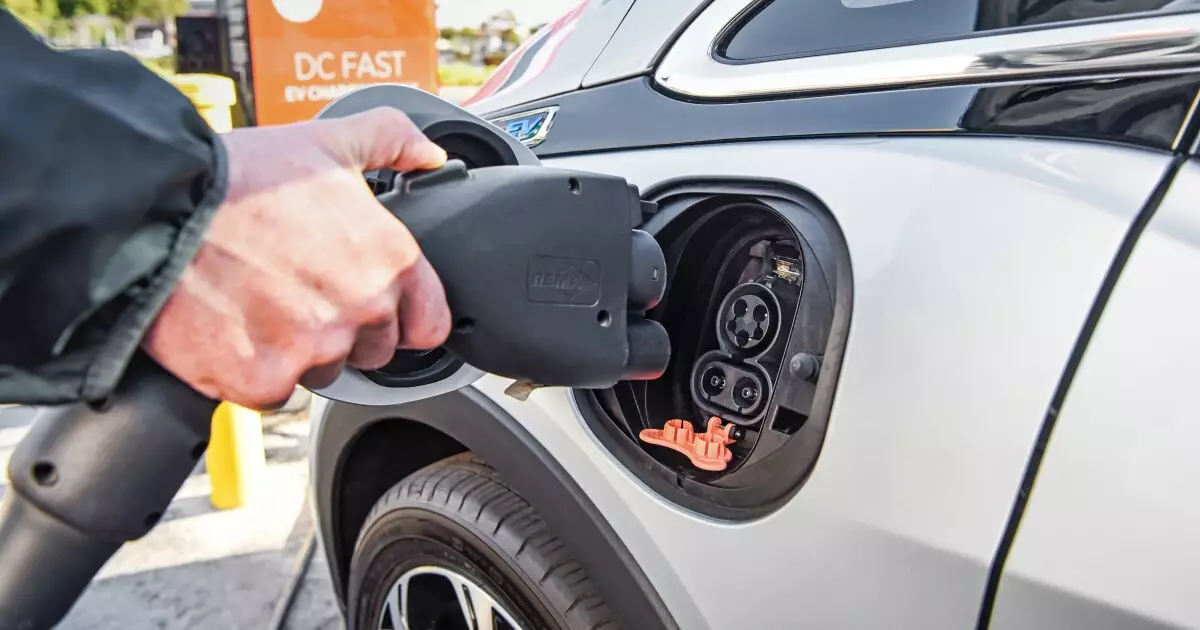Over the last decade, there has been a significant shift in public support for the implementation of a per-mile user fee as a way to replace or supplement the declining gas tax. According to a recent survey conducted by the Mineta Transportation Institute, the backing for a flat-rate mileage fee has increased from 22% in 2010 to 39% in 2024. This increase in support suggests that there is a growing acceptance of alternative funding mechanisms for transportation infrastructure.
The survey results indicate that public support for a mileage fee is heavily influenced by the specific details of how the fee is structured. For example, when the fees are tied to a vehicle’s pollution emissions or income level, support for the concept increases to 51%. Additionally, the survey found that 64% of respondents are in favor of lower mileage-fee rates for low-income drivers, highlighting the importance of equity in transportation funding proposals.
The impending insolvency of the Highway Trust Fund by 2027 has brought renewed attention to the need for alternative revenue sources for transportation funding. The fund, which relies heavily on the federal gas and diesel tax, has not been raised in decades and is struggling to keep up with the demands of the country’s aging infrastructure. The rise of electric vehicles and more fuel-efficient cars further complicates the funding landscape, prompting calls for innovative solutions.
As the Highway Trust Fund approaches insolvency, policymakers are considering various measures to shore up funding for transportation projects. One proposal is to increase the federal gas tax by 10 cents per gallon, with 74% of survey respondents expressing support for this idea if the revenue is dedicated to maintaining streets and highways. Additionally, Congress has established a pilot national motor vehicle per-mile user fee program and allocated funding for state-level user fee initiatives as part of the Infrastructure Investment and Jobs Act.
The growing popularity of electric vehicles poses both challenges and opportunities for transportation funding. While electric vehicles are not the direct cause of the Highway Trust Fund’s current financial woes, their increasing prevalence necessitates a reevaluation of the existing user-pays system. Lawmakers and industry groups are exploring options such as imposing fees on electric vehicle owners to ensure that they contribute their fair share to infrastructure maintenance and development.
The evolving landscape of transportation funding calls for innovative approaches to address the challenges posed by declining gas tax revenues and the rise of electric vehicles. The shift towards per-mile user fees represents a potential solution to ensure sustainable funding for essential infrastructure projects while promoting equity and efficiency in the transportation sector. By exploring a range of revenue sources and adapting to changing technologies, policymakers can chart a path towards a more resilient and future-proof transportation funding system.

